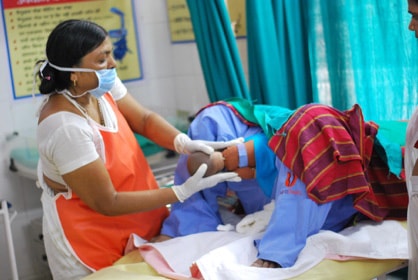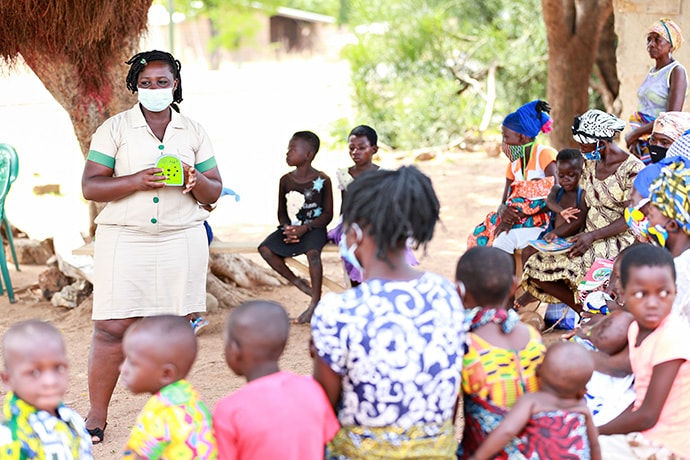Posted on March 25, 2022
By Heidi Breeze-Harris, Executive Director, PRONTO International

PRONTO International works to optimize the birthing experience for mothers, babies and their providers in limited resource settings. We do this by training simulation and team training educators that are able to provide low-cost, high-fidelity simulation education to even the most remote health facilities in LMICs.
Continue Reading
Posted on March 8, 2022
Dear Partners and Advisors,
Ofelia Aguilar Hernández –MUSOR, Mexico
Wendo Aszed –Dandelion Africa, Kenya
Ms. Suyheang Kry –Women Peace Makers, Cambodia
Miriam Soledad López Bautista –UNOSJO, Mexico
Ruth Naliaka –Ufanisi Women Group, Kenya
Caroline Odera –Women in Sustainable Enterprises, Kenya
Elvia Raquec –Women’s Justice Initiative, Guatemala
Hilda Vázquez –Asociación Comunidad la Esperanza, Guatemala
And Women leaders in Myanmar,
In celebration of International Women’s Day, March 8th, Pangea’s Board of Directors is proud to honor you as outstanding women leaders. We are inspired by your commitment to address critical women’s issues. Your work provides access to quality education, sexual and reproductive rights, a life free from violence, economic inclusion, protection of land and natural resources, and recognition of indigenous rights.
We recognize your achievements in making a real difference in the lives of women in your communities through your leadership, determination, and innovative approaches. Thank you for all that you do for others. You inspire us to continue our mission here at Pangea.
In solidarity,
Janet Pearson, President
Pangea Board of Directors
“Success isn’t about how much money you make; it’s about the difference you make in people’s lives.”
-Michelle Obama, former First Lady of the United States
Posted on March 8, 2022
GlobalWA March Mental Health Issue
By Erin Inclan, Communications Director, Amplio

UNICEF demonstrating the Talking Book. Photo: UNICEF/Joseph Mills
After the Mental Health Act 846 passed in 2012, Ghana Health Service (GHS) shifted its mental health programming from facility-based to a more integrated community-based approach. GHS set up new structures, with regional, district, and facility-level mental health coordinators. But in the Upper West Region’s under resourced rural districts, the mental health coordinators lack access to reliable training and support.
Continue Reading

